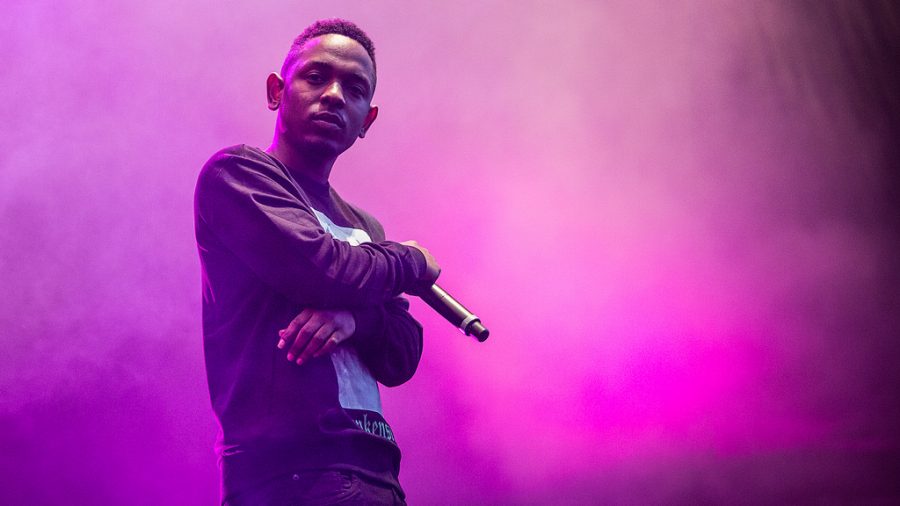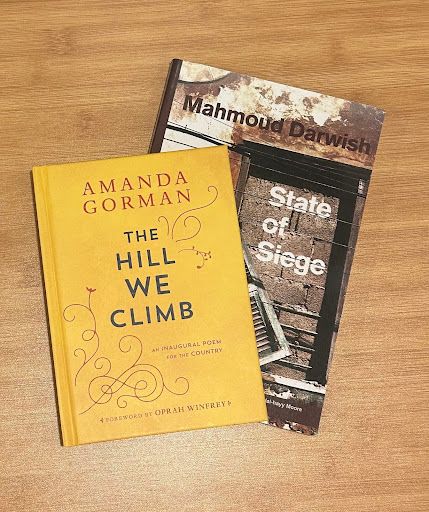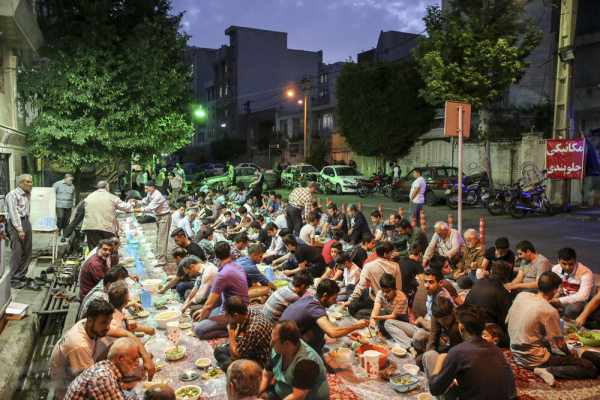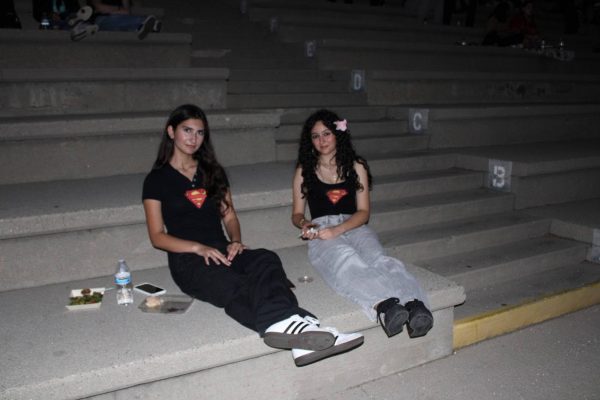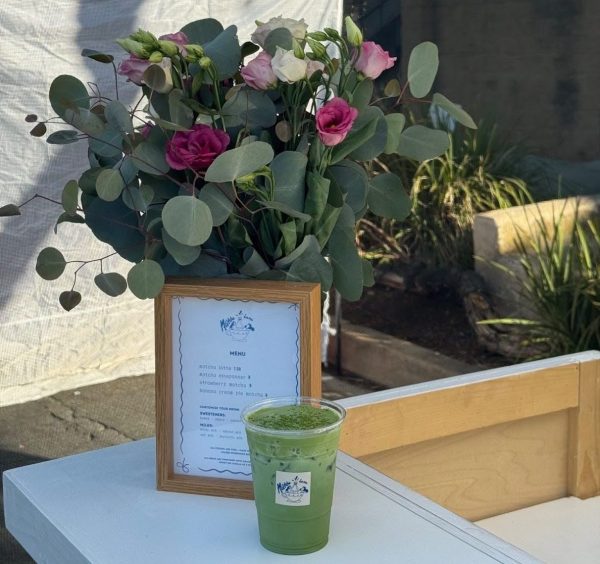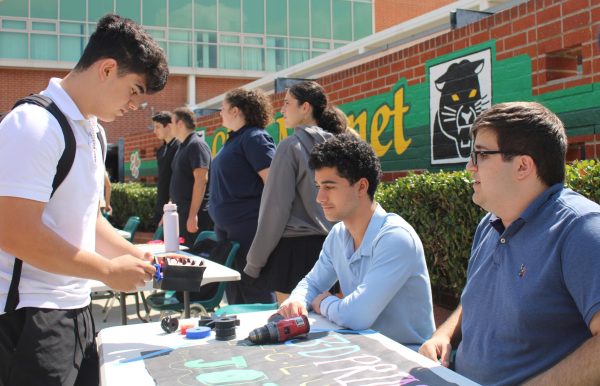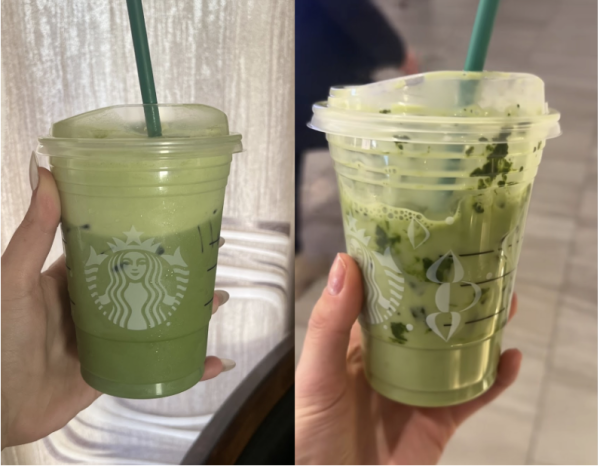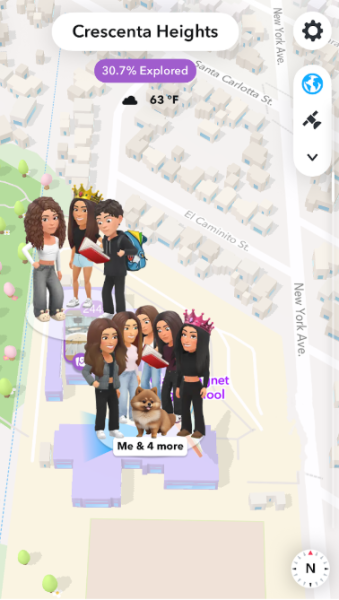China wrongly bans hip-hop culture from television
On Jan. 22, China banned hip-hop culture and actors with tattoos from television. This may not come as a surprise to many. The Chinese Communist state has withheld a guaranteed right to freedom of information and speech from their people. However, this specific ban strips upcoming artists of a great amount of potential exposure.
Hip-hop and Communism naturally don’t mesh well together — with many rappers supporting an anti-authority standpoint, Communist policies are polar opposites of their perspectives. Still, the Chinese Communist Party is making a mistake by doing this because it strips potentially great musicians of exposure from a large media source.
On the same day, the country’s top media regulator — the State Administration of Press, Publication, Radio, Film and Television of the People’s Republic of China (SAPPRFT) — stated four “don’t” rules for television programs to follow:
“Absolutely do not use actors whose heart and morality are not aligned with the party and whose morality is not noble
Absolutely do not use actors who are tasteless, vulgar and obscene
Absolutely do not use actors whose ideological level is low and have no class
Absolutely do not use actors with stains, scandals and problematic moral integrity”
Many Chinese rappers have already been affected by the recent ban. Rappers GAI and Mao Yanqi from TV shows Singer and Happy Camp, respectively, were removed from their shows. Wang Hao, another rapper, was forced to apologize for one of his songs, “Christmas Eve,” for promoting drugs and insulting women. Triple H also had his music removed from most popular streaming sites.
Time Magazine quoted one social media user saying,“‘How can a government with such high culture have such childish logic?’” Frankly, I have to agree.
China is in the wrong for regulating what is widely accepted by modern-day youth. To rid people of work opportunities solely for what they choose to do with their personal appearance is outdated and discriminatory.
Hip-hop culture is very important to many youthful listeners. It opens up windows for rappers to speak their mind in whatever way they want, whether through their music, their fashion sense or their public image. It also provides opportunities for listeners to see new perspectives on universal issues such as institutional racism, feminism or mental health.
For example, Kendrick Lamar introduces a perspective on his new-found fame on his song “Institutionalized”: “What money got to do with it/ When I don’t know the full definition of a rap image?/ I’m trapped inside the ghetto and I ain’t proud to admit it/ Institutionalized, I keep runnin’ back for a visit/” Lamar is stating that, though his fame and rapid rise to the top has propelled him into superstar status, the money isn’t an issue; his heart is still in his hometown, Compton. “I said I’m trapped inside the ghetto and I ain’t proud to admit it/ Institutionalized, I could still kill me a *expletive*, so what?/”
Lamar’s deep dives and interpretations of his actions are what keep me listening, and this also applies to other rappers.
China stripping rappers of exposure — some that could have potential to match Lamar’s skill — is an absolute travesty. Artists should be outraged that their contemporaries, regardless of genre, have been disallowed to expose themselves through such a large media platform like TV.
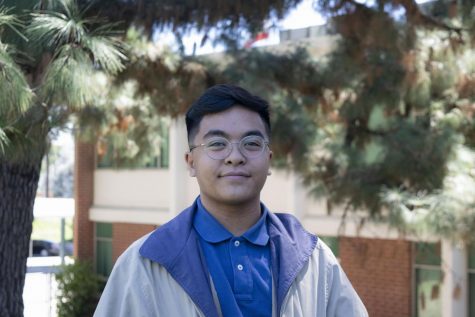
Hobbies: Playing and watching basketball, listening to hip hop, taking pictures
Favorite shows: The Office, Parks and Rec, Daredevil
Places...



